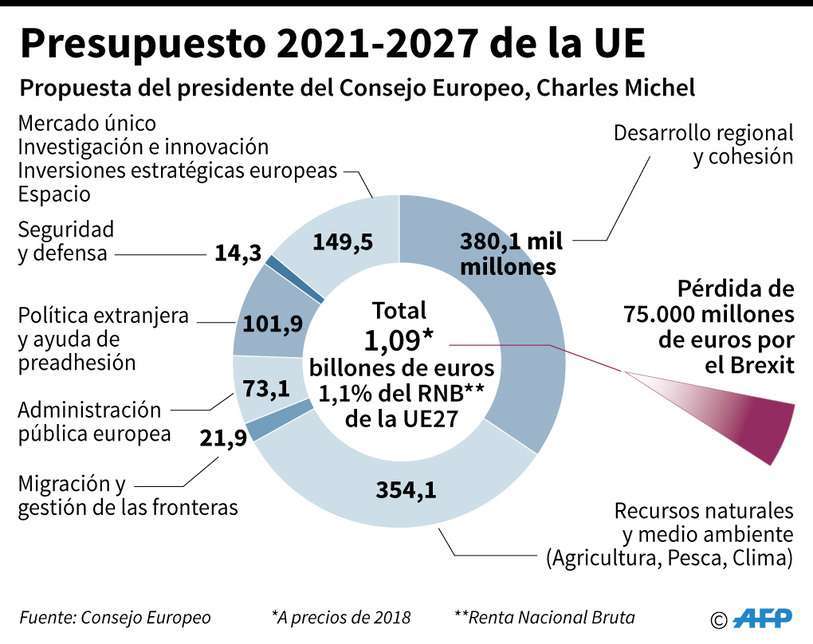Commission adopts strategic guidelines for more sustainable and competitive EU aquaculture

The Commission has adopted new strategic guidelines for a more sustainable and competitive aquaculture in the European Union. The guidelines provide a common vision for the Commission, Member States and stakeholders to develop the sector in a way that contributes directly to the European Green Pact and especially to the Farm to Fork Strategy. The guidelines will help the EU aquaculture sector to become more competitive and resilient, and to boost its environmental and climate performance.
Virginijus Sinkevičius, Commissioner for Environment, Oceans and Fisheries, said: "Aquaculture plays an increasingly important role in Europe's food system. The sector can deliver healthy food with a generally lower climate and environmental footprint than other land-based farms. With the guidelines we have adopted today, we want to make EU aquaculture production a global reference for sustainability and quality, reduce our dependency on fish and seafood imports and create more jobs, especially in coastal regions.

These guidelines have been developed in close consultation with Member States and stakeholders, especially those represented in the Advisory Council on Aquaculture. They set out four interrelated objectives for the future development of aquaculture in the European Union: to improve resilience and competitiveness, to participate in the ecological transition, to ensure social acceptance and consumer information, and to enhance knowledge and innovation.
The proposed guidelines will also substantially increase organic aquaculture in the EU. As indicated in the recently published Action Plan for the Development of Organic Production, organic aquaculture production is still a relatively new sector, but with significant growth potential.
Unlike fisheries, aquaculture is not an area of exclusive EU competence. However, in recognition of its important role in food security, sustainable growth and employment in Europe, the Common Fisheries Policy provides for a system of strategic coordination of aquaculture policy in the Union.
This strategic approach is even more relevant today, as the aquaculture sector has the potential to contribute to achieving the objectives of the European Green Pact and the long-term sustainability and resilience of the sector needs to be ensured, especially in the crisis situation caused by the COVID-19 pandemic. The new strategic guidelines have fully integrated these objectives.
In considering the challenges and opportunities for the EU aquaculture sector, the guidelines propose specific actions in a number of areas, such as access to space and water, human and animal health, environmental performance, climate change, animal welfare, the regulatory and administrative framework and communication on EU aquaculture.
In particular, the Commission proposes to develop detailed guidance documents on good practices in the most important areas, and foresees a specific support mechanism for aquaculture to assist in the development of these documents, as well as in the implementation of the good practices to be outlined in them.
Among other objectives, the Commission also urges EU Member States to include increased organic aquaculture as an objective in the (ongoing) revision of their national strategic plans for the aquaculture sector, and calls on them to support this type of aquaculture production with a share of the funds available under the European Maritime, Fisheries and Aquaculture Fund (EMFF).

The Commission calls on Member States to take these new guidelines into account in their multi-annual national strategic plans for the development of the aquaculture sector, and to support the sector by making use of the resources available in the future European Maritime, Fisheries and Aquaculture Fund (EMFF) and other EU funds.
One in four seafood products consumed in Europe comes from aquaculture. However, most seafood consumption is supplied by imports, which account for around 60% of total supply. Overall, only 10% of EU seafood consumption comes from EU aquaculture. There is therefore considerable potential for growth.
Despite these commercial prospects, EU aquaculture production has only increased by 6% since 2007, and in 2018 represented 1.2 million tonnes in sales volume and EUR 4.1 billion in turnover. The EU's contribution to global aquaculture production in 2018 was less than 2% (FAO 2020).
The previous guidelines, adopted by the Commission in 2013, formed the basis for Member States' multi-annual national strategic plans for the development of aquaculture activities in their territories.









